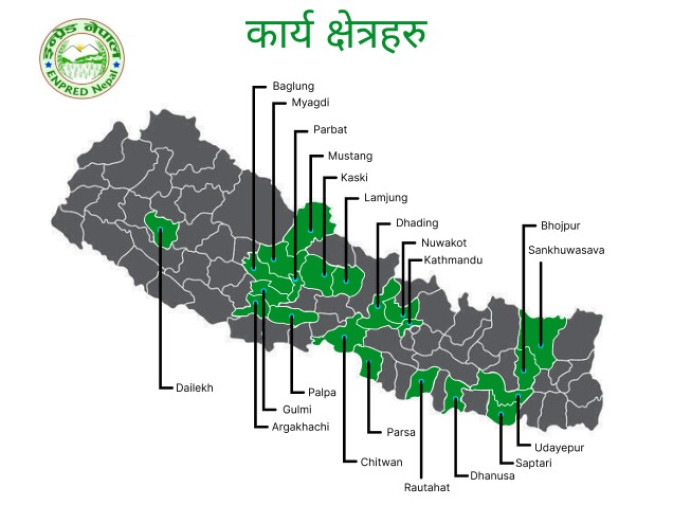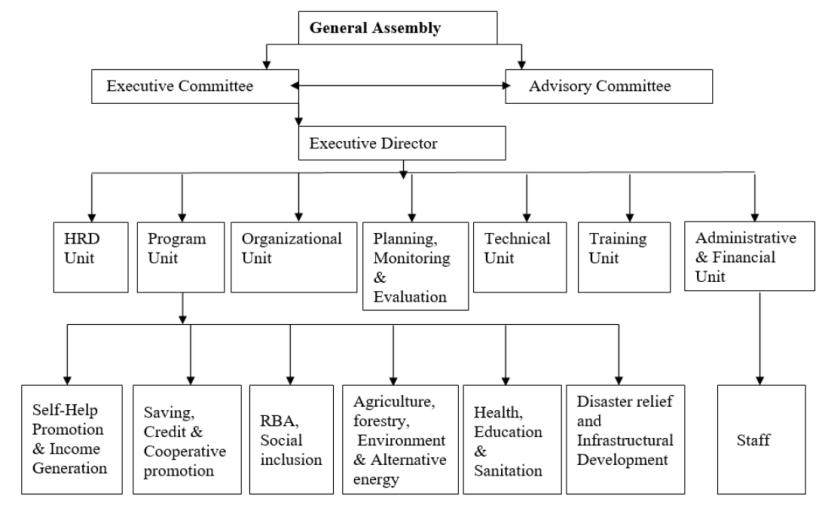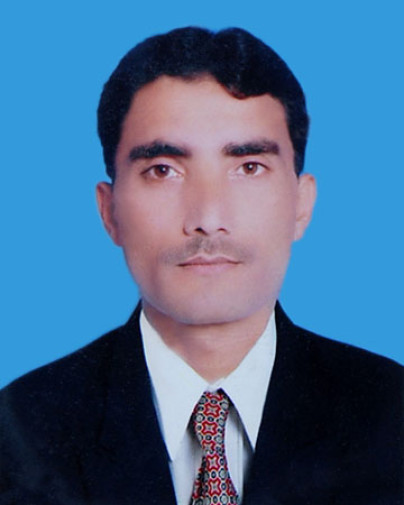Who we Are
ENPRED, Nepal is a non-profit organization established in 2050 B.S. in Parbat District. We operate in twenty districts across Nepal: Parbat, Baglung, Myagdi, Mustang, Kaski, Lumjung, Palpa, Gulmi, Argakhachi, Chitwan, Udayepur, Dailekh, Dhading, Sankhuwasava, Saptari, Bhojpur, Dhanusa, Rautahat, Parsa, Nuwakot. Our motto, "Creation of a Self-Reliant Creative Society," reflects our commitment to empowering communities through local resources and organization.
Our mission focuses on identifying and mobilizing local means, fostering organizational development, and creating a conscious society. We aim to enact positive change by addressing discrimination and social injustices, particularly affecting marginalized groups such as women, children, and lower-caste individuals.
ENPRED actively works to utilize community resources and organizes developmental initiatives that empower voiceless and marginalized populations. Through awareness programs and campaigns for social inclusivity, we help these communities raise their voices. We also provide support in implementing and revising policies that benefit the community.
Our efforts extend to building networks for women and children at the village, district, and regional levels. We conduct awareness programs in schools on reproductive health, safe motherhood, and human rights through engaging methods like poetry, drama, and folk songs.
Collaboration is central to our work. We partner with the Livelihood Forest Program (LFP) and Rupantran Nepal to promote social inclusion among women, Dalits, and Janajati communities within Community Forest User Groups (CFUGs). Our initiatives include forming saving groups for the ultra-poor, disabled, and marginalized families, facilitating income-generating activities like goat and buffalo farming, beekeeping, and vegetable cultivation, as well as developing cottage industries (bamboo crafts, furniture, and bakery).
Since September 2014, we have partnered with MSFP for Climate Change Adaptation Programs, preparing and implementing community adaptation plans through local NGOs. Additionally, ENPRED has been involved in disaster relief efforts following earthquakes in collaboration with Plan International Nepal and Heifer International Nepal, raising awareness about disaster risk reduction (DRR) and strengthening community resilience.
We continue to work with Heifer International and Mahashila Rural Municipality to enhance capacity building for women’s groups and cooperatives, focusing on agricultural and livestock income-generating activities through market-based production.










